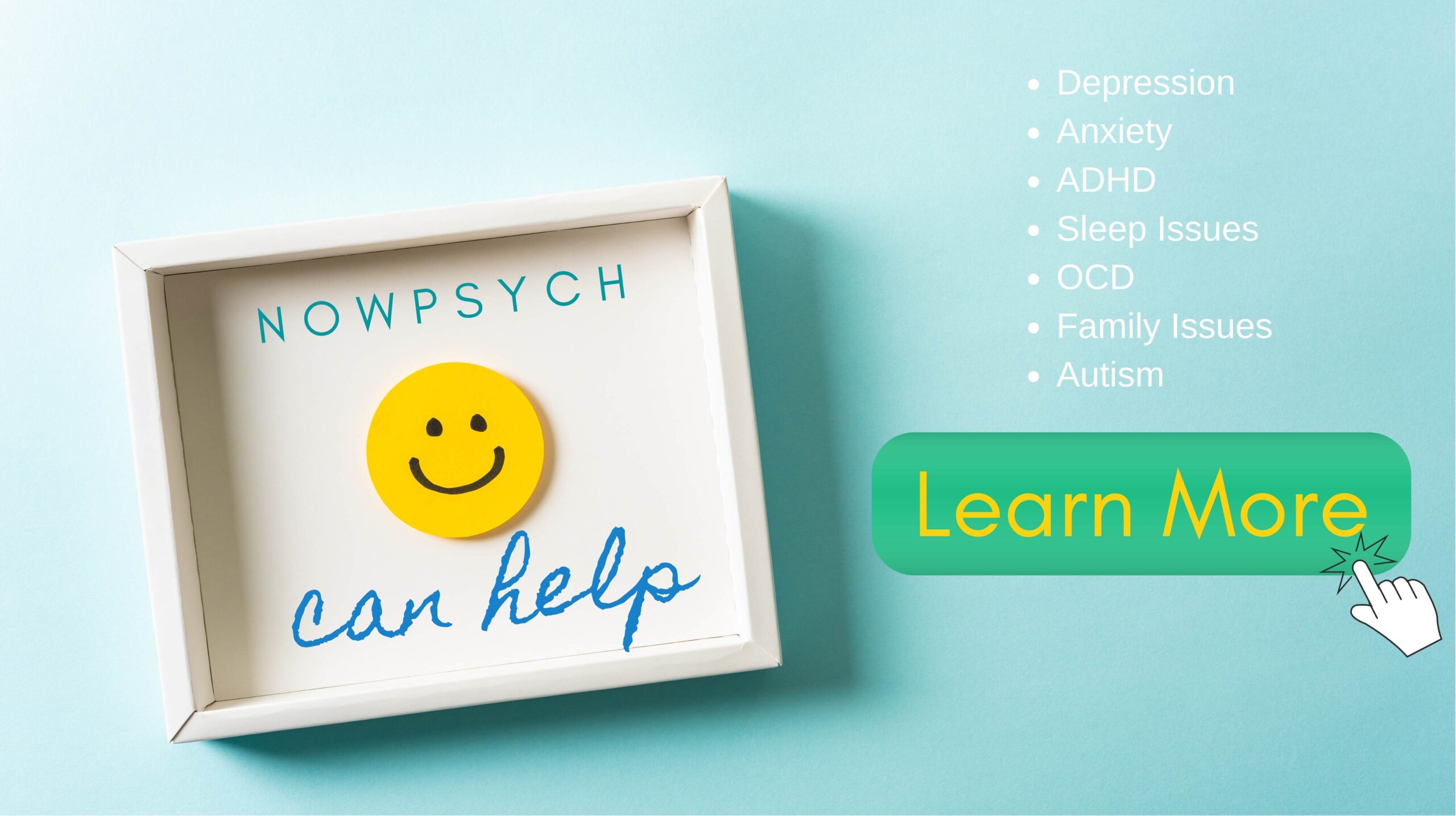Understanding the Early Signs of Autism
During the developmental years of a child, it is may be challenging to be able to tell whether or not they are demonstrating the early signs of autism. This is especially true if you are unaware of the early signs of autism, especially when they are babies, toddlers, or preschoolers.
If you find yourself noticing that your child may be demonstrating signs of autism pertaining to language delays or behavioral differences such as how they interact with peers, understanding the early signs of autism can help you with developing an approach to this situation and how to better understand your child. When seeking to understand the early signs of autism, there are two different areas to look:
- Behavioral signs of autism
- Social signs or autism
Early Signs of Behavioral Differences in Children With Autism
Behavioral issues are a common area where autistic children will exhibit symptoms. The following behavioral signs to look for pertain to the following:
- Sensitivity/Non Sensitivity to Sensory Input– Autistic children may find themselves being ultra sensitive (or not sensitive at all) to various senses/feelings such as smells, sounds, textures, tastes, lights, and touch. You may either see substantial emotion to certain senses or a lack of response.
- Fidgeting – “Fidgeting” is another common behavioral issue that parents may mistake for ADD or ADHD. Autistic children may rock, spin, sway, or twirl their fingers for long periods of time. Once again, this may come off as a form of ADD and can be misdiagnosed, which is why it is a must to look at other behavioral and social issues before coming to a conclusion.
- Routines & Rituals – Rigid routines and rituals can be misdiagnosed at OCD, considering that it is the most common trait associated with the disorder. Children who are demonstrating a need for routines and rituals, such as new unusual activities or are demonstrating that they are having a hard time adapting or transitioning from one activity to the other, may be showcasing another telltale early sign of autism.
Understanding these key behavioral issues will provide more insight on whether or not your child is demonstrating early signs of autism.
Early Signs of Social Differences in Children With Autism
Children with autism interact and communicate differently than other children, in which they demonstrate the following social/communication differences:
- Eye Contact – While many children may struggle with eye contact, autistic children seem to find it rather challenging being able to make any eye contact at all. Your child may avoid eye contact all together or will make very little when speaking to them. While some parents may find this as a quirk during the developmental stages, this could be a telltale early sign of autism.
- Facial Expressions – Autistic children may also come off as “unhappy” or “expressionless” to any form of parental contact. This includes when a parent is smiling at their child and the child does not reciprocate the similar emotions. If you are continuously witnessing your child demonstrate a lack of response to facial expressions, this could be another telltale sign of autism.
- Lack of Concern – Falling under that category of “expressionless” as well, a lack of concern is usually a trait within autistic children. This could also be labeled as a lack of empathy for others, which could worry a parent considering that it could be a sign of psychopathy. Having said that, autistic children do not usually have maliciously violent means about them. This is also common with what we used to call Asperger syndrome (AS), in which they fail to understand social cues and norms.
- Inability or Difficulty to Make Friends – Autistic children also struggle greatly with being able to make friends, also due to the lack of being able to understand social cues and norms. Being unable to make friends or being outright uninterested in making friends is a common trait of children with autism, thus causing them to usually be by themselves.
- Lack of Response – The last communication sign pertaining to early signs of autism is a lack of response. If a parent or individual is pointing or looking toward an object, a child with autism may be reluctant to look toward that particular direction. This may come off as being defiant against their parent, but in reality it is a common trait of children with autism.
Overall, understanding these key Early Signs of Autism in social and behavioral differences in children with autism can greatly aid in helping you understand your child. Understanding the early signs of autism and recognizing the signs can greatly aid in developing an accurate diagnosis at an early age, thus preparing you to develop an adequate approach for your child’s development.
Dr. Sean Paul, MD is a board certified child psychiatrist who specializes in diagnosing and managing autism spectrum disorders. You can schedule a consultation with him if you would like to be evaluated or discuss management options.






